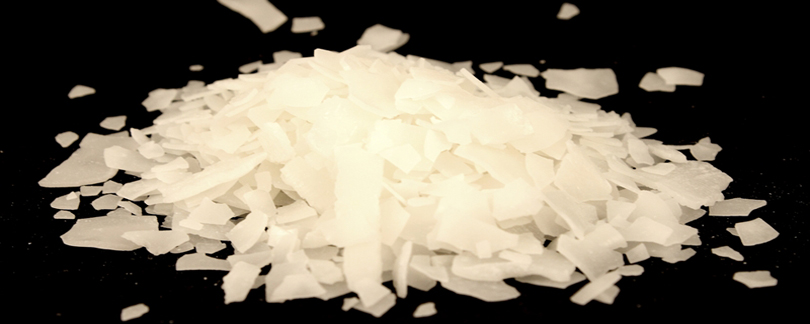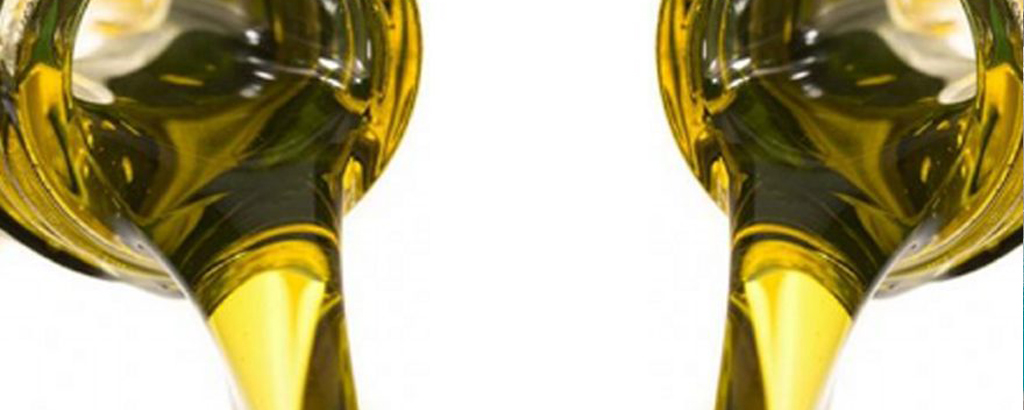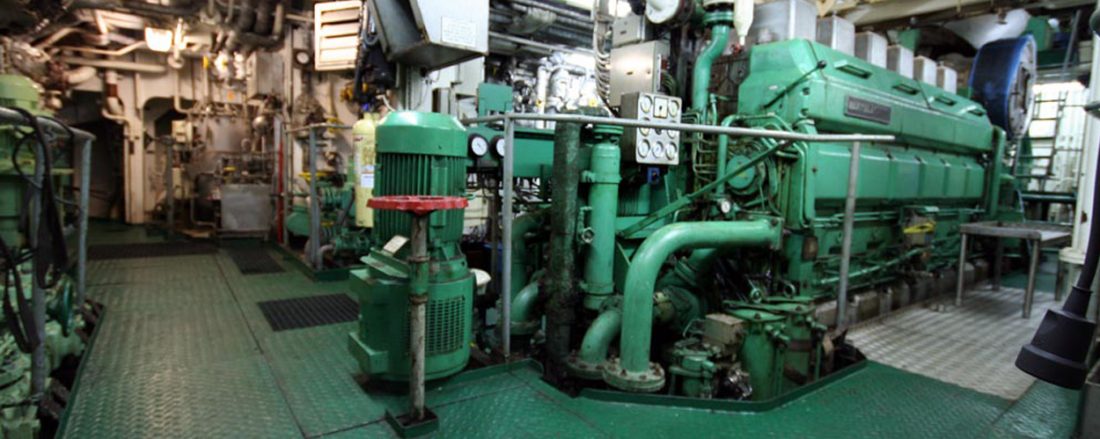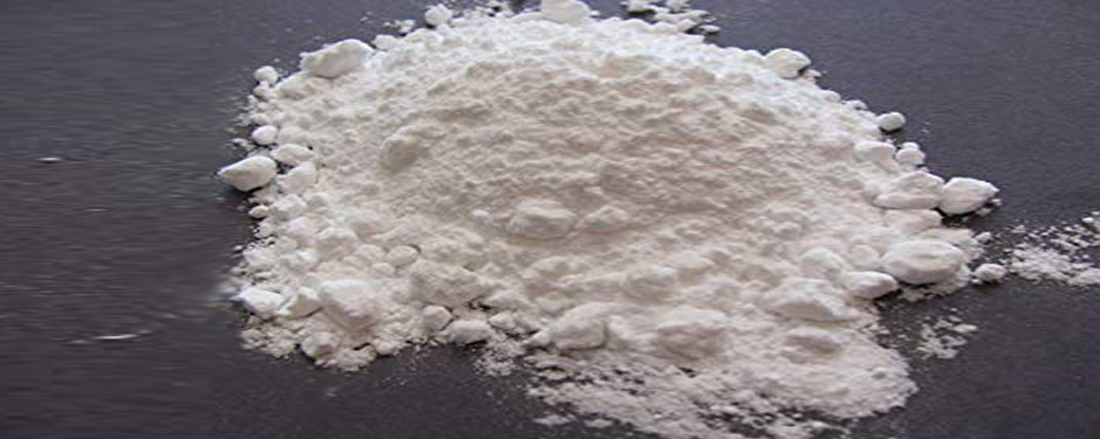LEAD CARBONATE AR
Lead carbonate is used as a catalyst to polymerize formaldehyde to poly(oxymethylene). It improves the bonding of chloroprene to wire.
Lead carbonate forms colorless orthorhombic crystals; it decomposes at about 315 °C. It is nearly insoluble in cold water (0.00011 g/100 mL at 20 °C), but is transformed in hot water to the basic carbonate, 2PbCO3·Pb(OH)2. Lead carbonate is soluble in acids and alkalies, but insoluble in alcohol and ammonia.
Lead carbonate hydroxide has had a widespread use as pigment in house paint in some countries, and weathering, chalking, and peeling paint may cause heavy exposure (Rosner et al., 2005). Organolead added to gasoline used to be another large-scale source of exposure.
Lead carbonate is used as a catalyst to polymerize formaldehyde to poly(oxymethylene). It improves the bonding of chloroprene to wire.









